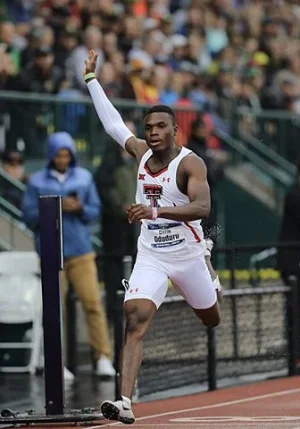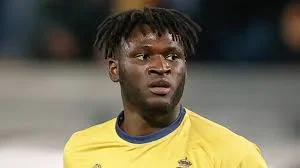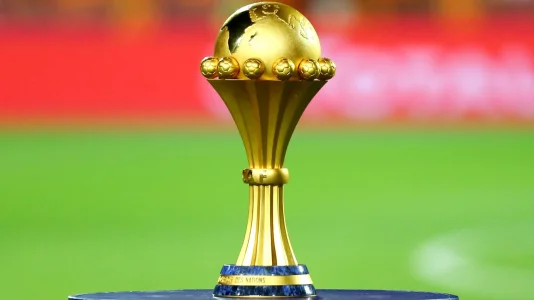
Image Credit: Jenaragon94
Nigerian sprinter Divine Oduduru has been handed a six-year ban by the Athletics Integrity Unit (AIU) for two doping violations. The AIU cited "overwhelming evidence" against Oduduru, a former world junior silver medalist. The violations included the possession of prohibited substances and attempted use of a prohibited substance or method.
This case is linked to that of Oduduru's teammate, Blessing Okagbare, who received an 11-year ban for doping in 2022. Okagbare's situation came to light after therapist Eric Lira was charged by US prosecutors for supplying performance-enhancing drugs to athletes at the Tokyo Olympics. Lira, who pleaded guilty to the charges, now faces 10 years in prison.
Okagbare had been expelled from the Tokyo Olympics before the women's 100m semi-finals after testing positive for human growth hormone in an out-of-competition test in Slovakia prior to the 2020 Games.
The AIU based its decision on substantial evidence against Oduduru, including WhatsApp messages between Okagbare and Lira that revealed Okagbare's solicitation of prohibited substances on Oduduru's behalf. Despite Oduduru maintaining his innocence throughout the investigation, the AIU found photographic evidence of multiple prohibited substances in his Florida apartment, including human growth hormone and synthetic Insulin Growth Factor.
The AIU's head, Brett Clothier, stated that this case exposes the "sinister collusion between athletes and other persons in deliberate plans to corrupt athletics at the highest level."
Oduduru, known for his 100m best time of 9.86 seconds, had previously been disqualified in the 100m heats at the Tokyo Olympics but reached the 200m semi-finals. He achieved 200m silver at the 2014 World Junior Athletics Championships.
The AIU expressed gratitude to the United States Anti-Doping Agency (USADA) and the United States Department of Justice for their assistance in providing vital evidence in this matter, as well as in the case against Blessing Okagbare last year.




